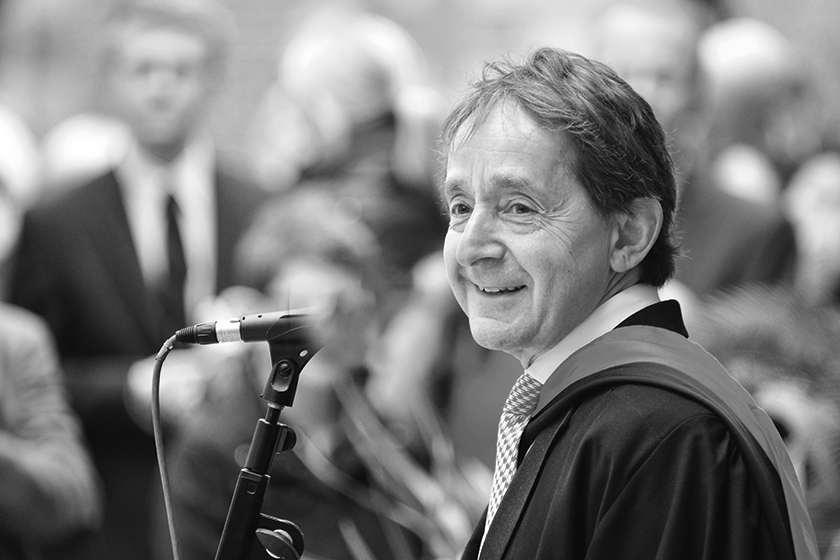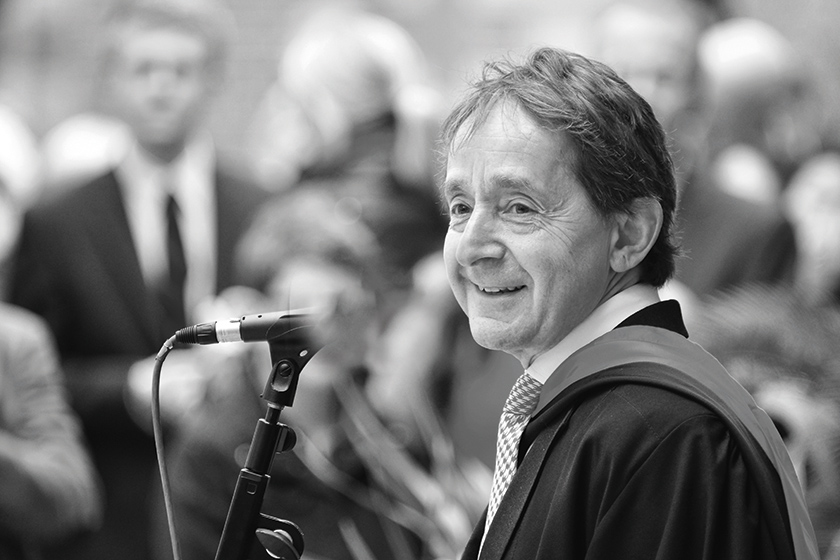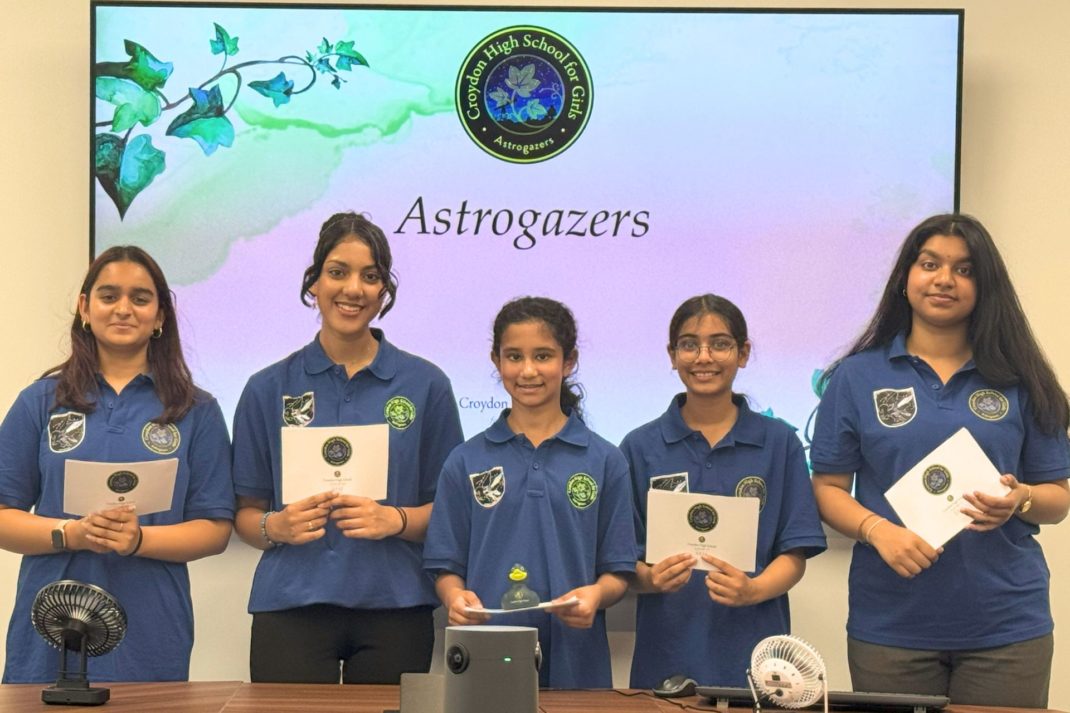Anthony Seldon on the Future of Education
By
8 years ago
Prepare pupils for a 21st-century working environment with an active education

Abandon the passive teaching system of ‘factory’ schools, which are so 19th century, says Sir Anthony Seldon.

There may be flaws in the current educational system, but there is much more that is right than wrong. Pundits and the press have unfortunately created a level of dissatisfaction by highlighting the abnormal and the errant, thereby creating a sense that all is wrong.
Dig a little deeper, however, and there are many stories about the work being done in schools across the country. We have many great teachers, great leaders and most children are very well taught.
That said, there is now a profound need for change within the education system. Children are still taught by a system that evolved in the 19th century. ‘Factory’ schools were homogenised conveyor belts and required passive learning along with the regurgitation of facts. Passive learning worked when our economy was based upon large-scale employers, mass production and repetitive work that didn’t require employees to think very much, merely carry out instructions. But this kind of learning only covers a very narrow range of what it is to be a human being. In the 21st century we need to move ahead of the times, not shuffle along behind.
The wrong subjects
I ran schools for 20 years, Brighton College and then Wellington College, and during that time I tried to take my pupils toward a 21st-century model, based on the work of Howard Gardner. The American development psychologist devised the theory of multiple intelligences at Harvard.
At my schools, we adapted his work by identifying eight different forms of intelligence. Imagine these forms of intelligence as points on an octagon. There are four pairs: personal and social, creative and physical, moral and spiritual, logical and linguistic. Teaching them all will draw these different types of intelligence out of every child. If we don’t, they may well remain dormant. Most schools merely pay lip service to the first six and only concentrate on the last two.
This is wrong for a number of reasons. Not least because the two intelligences being concentrated on are, ironically, the two most easily replicated by machines. Algorithms and artificial intelligence are outperforming human beings on most aspects of logical and linguistic intelligence. The very skills around which we have designed our schools and our exam system are the very ones that will be rendered redundant within the next 20 years. Shock, horror!
They should be concentrating their resources instead on the first six intelligences or aptitudes that are uniquely human. This century will see the creation of many small companies, which will need to be entrepreneurial and creative to thrive in a rapidly changing world.
Schools of tomorrow
Entrepreneurialism, active learning and creativity should therefore be developed at school. Pupils should be taught the six aptitudes of personal and social, creative and physical, moral and spiritual intelligence. To do that there needs to be a change in attitude.
Schooling today is still too much about learning the right answer. The schools of tomorrow should be about teaching pupils that there are no right answers, there are only better and worse answers, and good and bad questions. We should be encouraging them to come up with their own answers.
My best moments at Tonbridge School in Kent, were when teachers encouraged us to learn for ourselves. Our DT teacher told us to design a wooden tower that could take heavy weights. This was exciting because we weren’t told how to do it. We were asked to design a new town in geography before being shown how it was laid out. I put in toy shops, but forgot about sanitation. This is active learning, the converse of passive. Telling pupils the answer prevents them from working it out for themselves and makes learning more superficial.
Much damage is done to young people by the extensive and indiscriminate amount of time they spend on computers and hand-held electronic devices today. Computers can enhance learning enormously when used properly however.
Learning software
We can already plot the excitement young people find from playing computer games, when their brains are firing off in all directions, with the relative lack of brain activity in lessons. Artificial intelligence will enable us to personalise education within the next ten years.
My book, The Fourth Education Revolution, will describe how AI will enable us to personalise education with software. It will be designed to look at the face of a student, listen to their voice and comprehend the difficulties they are having in understanding what they are learning.
With this knowledge, these advanced machines will be able to adapt any material on any subject and to keep re-presenting the material to the student in a challenging and fun way that helps them learn, until the student has ‘got it’. Learning will become more enjoyable and engender an extraordinary change in schools. It will be the biggest change in education since the development of the printing press. Now we just need government to take the lead and Ofsted to wake up. We must stop living in the 19th century and embrace 21st potential with open arms.



